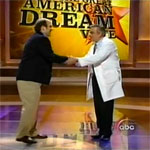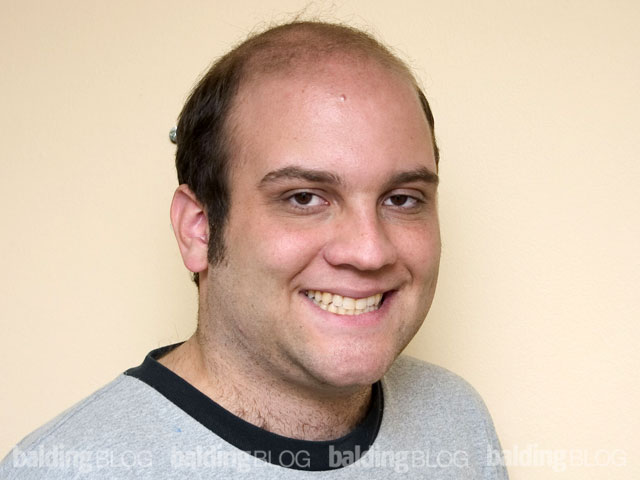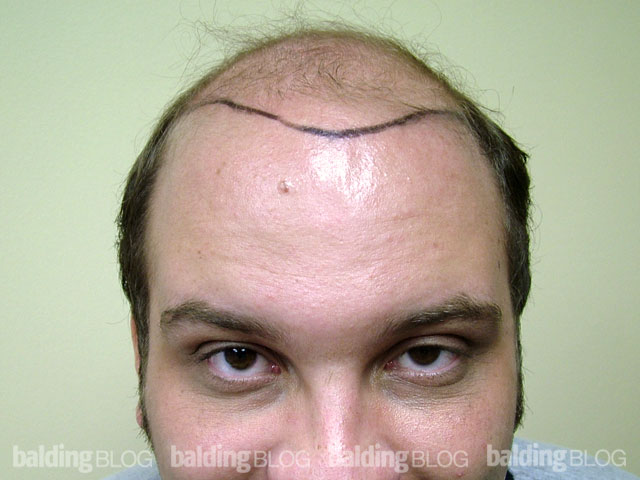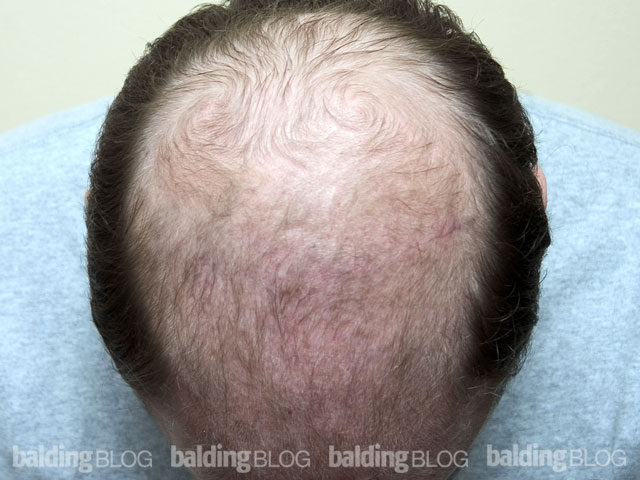I’m getting a little tired of doctors saying there are no studies that demonstrate the effectiveness of LLLT on hair regrowth. They need simply do a medline search. A recent study of alopecia areata using intra-subject controls found regrowth on over 90% of the treatment bald spots and 0% regrowth on the control spots. Granted, they don’t understand why and the positive results come from studies using 308nm xenon-chloride excimer lasers to 904nm pulsed diode lasers. The doctors thaat don’t understand the significance of these results simply don’t understand experimental design.
Remember the birth defects from thalidimide that doctors endorsed and prescribed? Recall 20 years ago doctors said megadoses of vitamin C did nothing. Sometimes doctors are wrong and sometimes they are right, but opinions from individuals who have not read the research are of no value.

As I’ve said, the medical field is often referred to as the “practice” of medicine and not “science” of medicine. Thus, sometimes doctors do not know why certain treatments work and sometimes they are wrong in prescribing a treatment.
With respect to lasers, you can approach it from either a scientific perspective or a capitalistic perspective. From a scientific perspective, you mention a very important bullet point: the “experimental design”. Look behind the research method and the sponsors of said research and you may find conflicting sources of interest. With respect to the capitalistic perspective, it boils down to making money. It sounds harmless and it may be worth a try to many individuals, especially with these research papers, but you also forget how many research papers have gone scrutinized (as your thalidomide example). Research papers endorsed medications such as Celebrex (COX2 inhibitors), but in recent years controversy arose from risks associated with heart attacks.
You are correct in stating that sometimes doctors are wrong, but sometimes research papers are wrong. You can see this as a stalemate. You can see it as buyer beware. We all have choices and opinions.

 You are correct. Nearly every hair transplant doctor seems to recommend something different. There are no scientific studies that indicate that one post operative care is better than the other.
You are correct. Nearly every hair transplant doctor seems to recommend something different. There are no scientific studies that indicate that one post operative care is better than the other.  You need to be evaluated by a hair specialist to determine the pattern and type of your hair loss. You may be experiencing a typical pattern baldness that is aggravated by other medical disorders. Some medical conditions such as iron deficiency or skin inflammatory conditions can accelerate the hair loss in pattern baldness. If this is the case for you, treatment of the underlying cause may stop or slow down your hair loss. The next step is to get to the root of your underlying problem. I think your primary care doctor and dermatologist are the best people to start with.
You need to be evaluated by a hair specialist to determine the pattern and type of your hair loss. You may be experiencing a typical pattern baldness that is aggravated by other medical disorders. Some medical conditions such as iron deficiency or skin inflammatory conditions can accelerate the hair loss in pattern baldness. If this is the case for you, treatment of the underlying cause may stop or slow down your hair loss. The next step is to get to the root of your underlying problem. I think your primary care doctor and dermatologist are the best people to start with. I doubt that the shampoo causes your hair loss, but the underlying factors that make people use the shampoo may do that. Head and Shoulders shampoo is used for seborrheic dermatitis, which is an inflammatory disorder of the skin. This condition can possibly initiate hair loss or accelerate the loss due to the other causes.
I doubt that the shampoo causes your hair loss, but the underlying factors that make people use the shampoo may do that. Head and Shoulders shampoo is used for seborrheic dermatitis, which is an inflammatory disorder of the skin. This condition can possibly initiate hair loss or accelerate the loss due to the other causes. 

 I received quite a few emails today from readers of Balding Blog that saw me on the new
I received quite a few emails today from readers of Balding Blog that saw me on the new 


 One of the possible side effects of finasteride (Propecia is 1mg of finasteride) is a decrease in ejaculatory volume. However it does not occur in all men. Finasteride should not affect your sperm count (number of sperm seen in 1ml of volume) to be of any significance. All of these studies will indicate that after stopping the use of finasteride, you would return to your original base line volumes.
One of the possible side effects of finasteride (Propecia is 1mg of finasteride) is a decrease in ejaculatory volume. However it does not occur in all men. Finasteride should not affect your sperm count (number of sperm seen in 1ml of volume) to be of any significance. All of these studies will indicate that after stopping the use of finasteride, you would return to your original base line volumes.